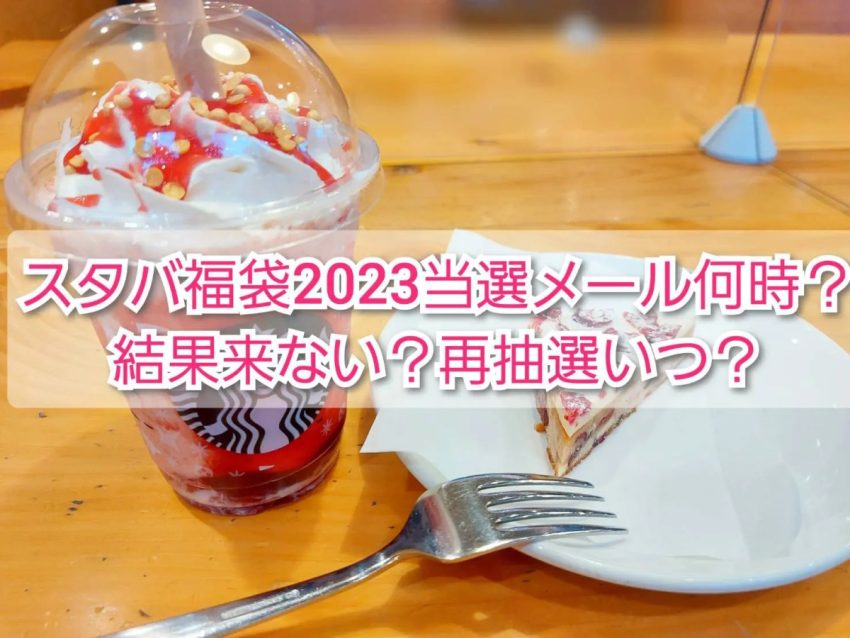R6 JRU: The Importance of Recognizing the Proud Past and Valuing the Present in Supporting the Elderly
As societies continue to progress, there is an increasing need for individuals to embrace and support the elderly population. Aging is a natural part of life, and it is essential for us to recognize the valuable contributions and experiences that older individuals bring to our communities. In particular, the concept of R6 JRU highlights the importance of acknowledging the long-standing achievements and past accomplishments of the elderly, and cherishing their present circumstances. But what does R6 JRU exactly mean, and why is it crucial?
R6 JRU refers to the idea that every elderly person has a rich and significant background. The “R6” represents the idea of respecting, revering, and recognizing the six generations that an individual may have witnessed during their lifetime. On the other hand, “JRU” stands for the Japanese term “高齢者には長い間社会人として立派にやってきた過去がある,” which translates to “the elderly have a proud past as they have lived a long time as productive members of society.” This concept seeks to remind us that the elderly have a lifetime of experiences, wisdom, and valuable contributions that deserve recognition.
In today’s fast-paced world, it is easy to overlook the contributions that older generations have made over the years. The knowledge and skills they have acquired, the challenges they have overcome, and the relationships they have nurtured all have immense value. By recognizing and appreciating their past achievements, we can create an environment that cultivates a sense of pride, instilling a sense of belonging and self-worth in the elderly.
Furthermore, embracing the present circumstances of the elderly is equally vital. As individuals age, their physical and mental abilities may decline, and they may face new challenges in daily life. Supporting the present means providing assistance, care, and understanding to ensure their well-being and quality of life. It involves recognizing their unique needs and tailoring support systems that cater to their individual requirements.
To truly support the elderly, it is essential to adopt the right mindset and approach. Firstly, empathy is paramount. Putting ourselves in their shoes and understanding their perspective allows us to become more compassionate and patient caregivers. Secondly, active listening and effective communication play a vital role in bridging the generation gap. By actively engaging in conversations and actively seeking their opinions, we can create a space where the elderly feel valued and heard.
Furthermore, society must prioritize developing comprehensive support systems for the elderly. This includes accessible healthcare services, social organizations, and community outreach programs. By investing in infrastructure that promotes the well-being of the elderly, we create an inclusive environment where they can thrive and age gracefully.
In conclusion, recognizing the proud past and valuing the present circumstances of the elderly is fundamental when it comes to supporting them. The concept of R6 JRU reminds us of the wealth of experiences older individuals bring to our communities and the importance of cherishing their past achievements. By adopting a compassionate mindset and building comprehensive support systems, we can create a society that values and uplifts its elderly population, ensuring their well-being and dignity in their golden years.
